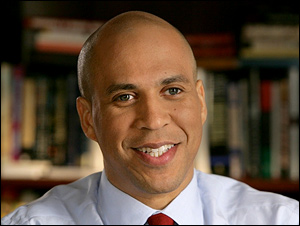Two days ago, a pair of polls were released into the public domain projecting that Rep. Bill Cassidy (R-LA-6) is faring well against Sen. Mary Landrieu (D). Yesterday, Public Policy Polling publicized a counter-study showing the senator to be in much better political shape, thus calling the Republican data into question. Why the stark difference? We’ll explain shortly.
The two Republican polls were conducted by OnMessage for the National Republican Senatorial Committee (NRSC) and Harper Polling for a conservative website. The OnMessage data (Aug. 12-15; 800 registered Louisiana voters) gave Sen. Landrieu only a 45-41 percent advantage over Rep. Cassidy. HP (Aug. 14-15; 596 registered Louisiana voters) found even better results for the Baton Rouge congressman, actually placing him ahead of the incumbent on a 47-45 percent count.
The PPP data (Aug. 16-19; 721 registered Louisiana voters) forecasts quite a different take. According to these results, Sen. Landrieu has a comfortable lead over Rep. Cassidy, 50-40 percent, when the two are paired in a hypothetical post-primary December 2014 run-off election.
Seeing Democratic and Republican pollsters surveying the same race at the same time but arriving at drastically different conclusions happened relatively frequently during the last election cycle. Particularly in the presidential campaign, we often saw the Republican data placing GOP nominee Mitt Romney in much better position against President Obama than was actually the case.
The chief reason for the past projection disparity was the turnout screening mechanism used in qualifying those who constituted the various sampling universes, and such is undoubtedly the case with these conflicting Louisiana numbers.
In the presidential year, the Democratic pollsters were much closer to accurately forecasting the participation model in what will prove to be the higher turnout year of 2012. Now heading into the mid-term cycle, where voting participation is always lower than in presidential elections, it may be the GOP numbers that yield the more accurate prediction.
As we know, who turns out always determines an election winner, and no one suggests that election year 2014 will be any exception to that rule. Defining the most Continue reading >



